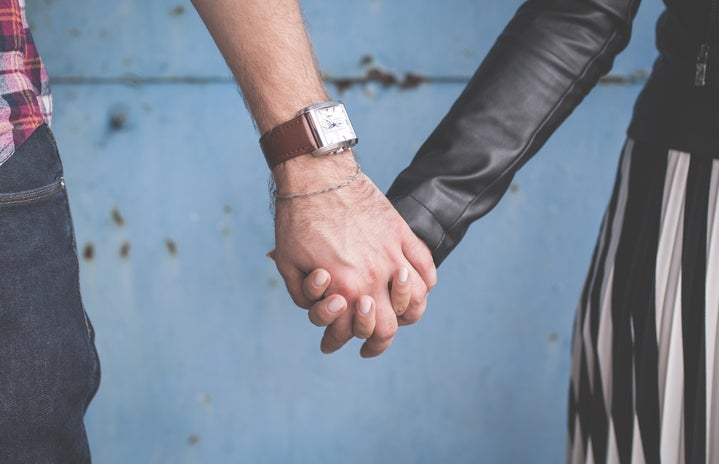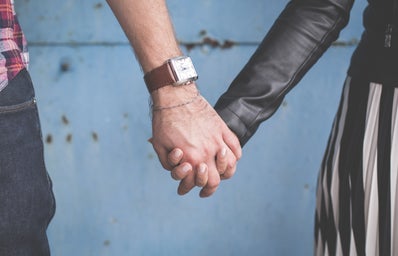Even though an estimated 1.7-2.4% of the population struggles with some form of body dysmorphia, it is something that is hardly ever discussed. Body dysmorphic disorder (BDD), the obsessive preoccupation with one’s own skewed self image and a perceived flaw(s), can cause anxiety, depression, and pervasive thoughts. The obsession, while varying in degree, can severly impact one’s happiness and quality of life. Because of the stigma that often follows the idea of vanity, many people who struggle with this disorder also don’t openly talk about it. For someone who struggles, self-worth can be more than just a challenge to find. And loving someone who deals with BDD and giving them your support means more than providing compliments and reassurance.
Everyday will be different. Some days easier than others, some more difficult. Someone with BDD may struggle more with obsessive thoughts and negative feelings one day and then less the next. While there isn’t a pattern in the obsessive behavior, certain situations can be more triggering than others. Many people with BDD may have increased anxiety in social situations and may feel overwhelmed as a result. Depending on the person, there may be a significant change in behavior based on circumstances such as unfamiliarity, overcrowdedness, or perceived social pressure. Ultimately, each day will be unpredictable. The best way to show your love is to just be there for them when they need you.
Sometimes your words wont get through to them. It doesn’t matter how many times you’ve told them how pretty they look today or how beautiful they are. To a person with BDD, sometimes compliments will only work as fuel for their obsession, causing them to become more conscious of their perceived flaw. Telling them how much you appreciate them or how much they mean to you will go farther than a compliment on physical appearance.
Depending on the person, BDD may affect someone’s habits in their daily lives, such as eating. Many who struggle with BDD can also suffer from an eating disorder. A person may feel uncomfortable when it comes to situations involving food. Be patient with their habits and supportive in any situation that may make them feel uneasy.
It’s important to remember that their struggle has nothing to do with you. While someone with BDD is fully capable of loving, their own personal insecurity and struggle with body image is theirs and only theirs. It is not dependent on you or anyone else. Being able to acknowledge that this is something they have to deal with first and foremost is crucial to their road to recovery. And even though they might struggle, it’s important to remind them that they don’t have to alone. Let them know that you’re there to listen, talk, and support them through everything.

